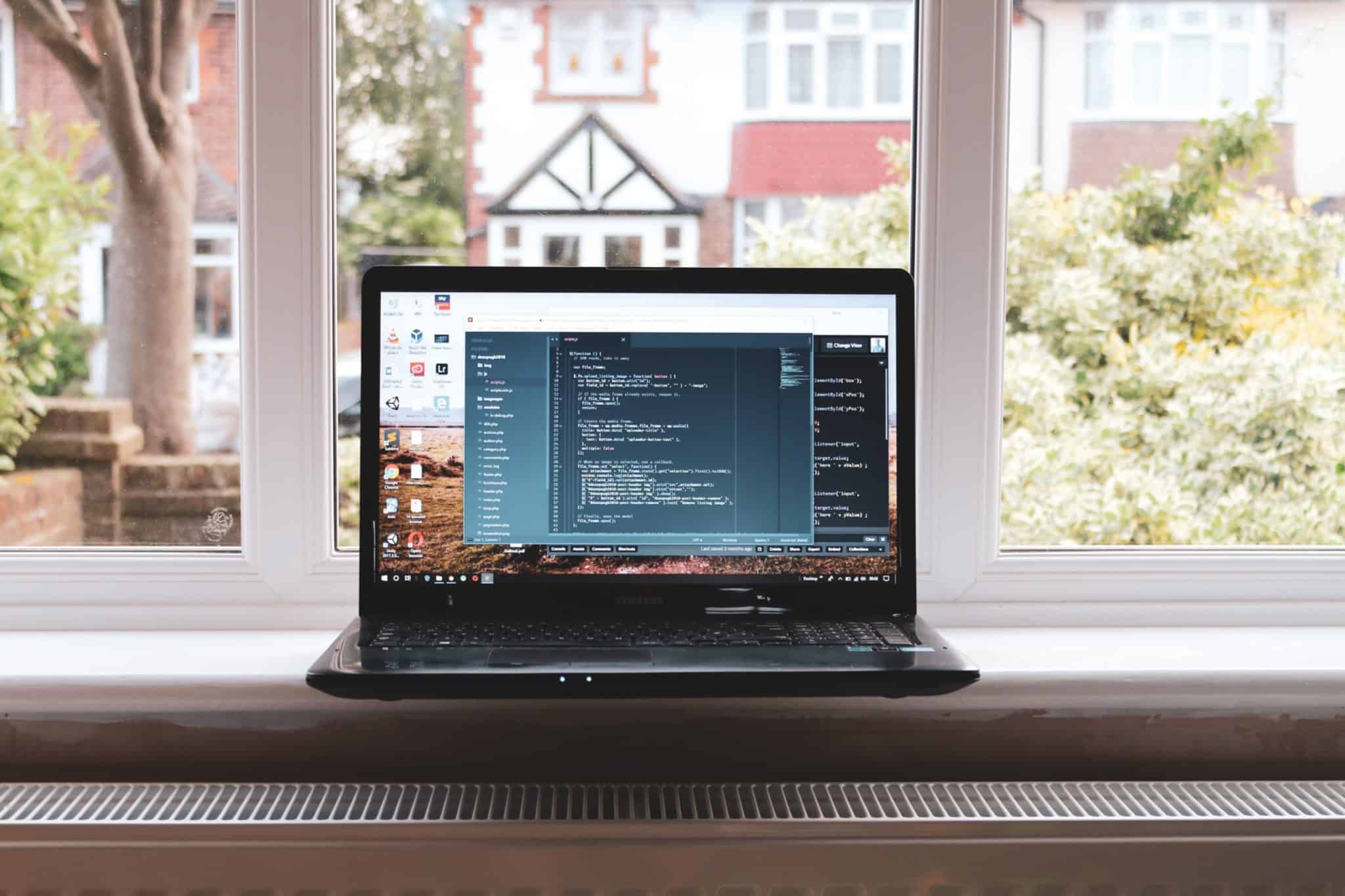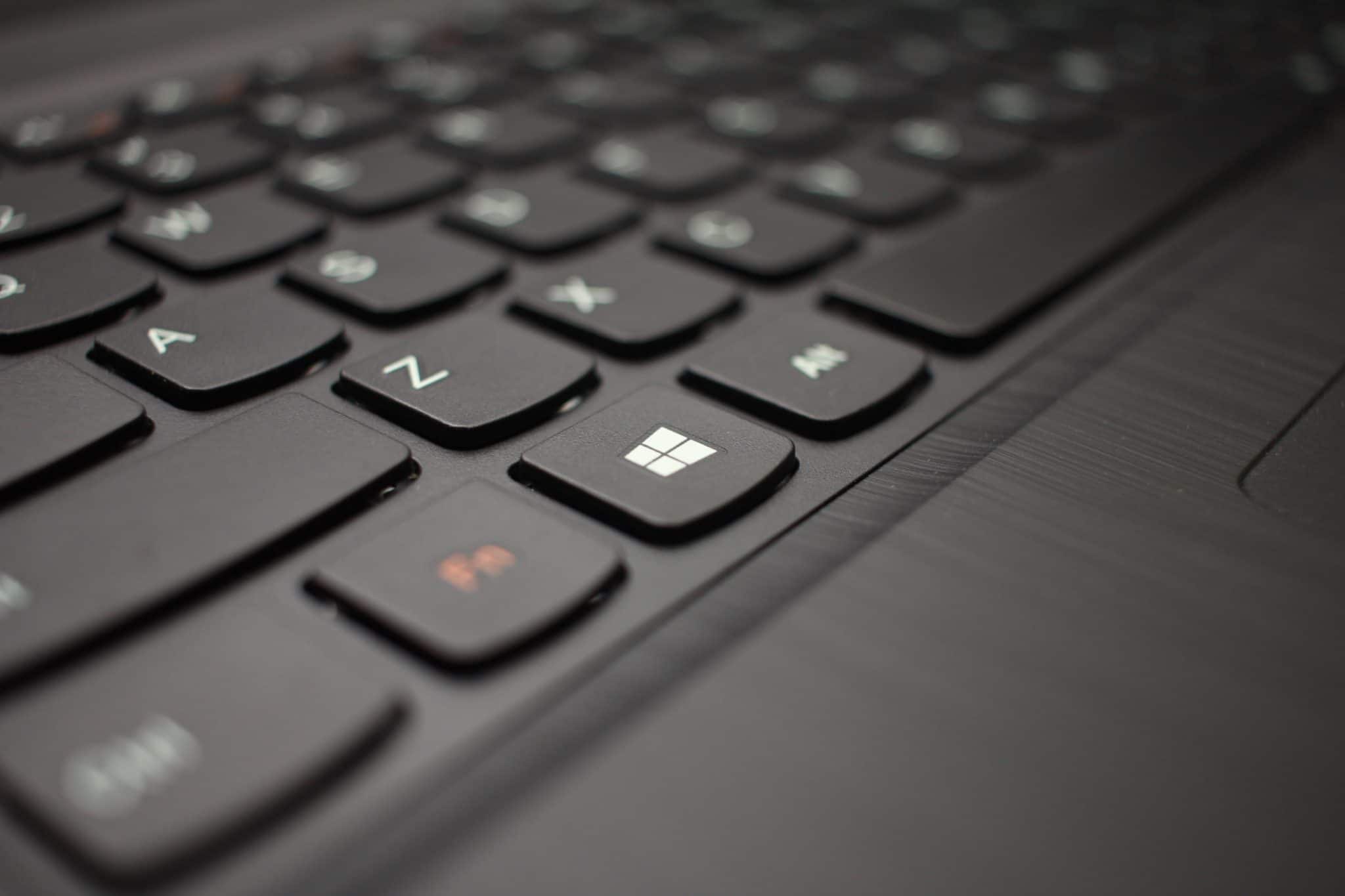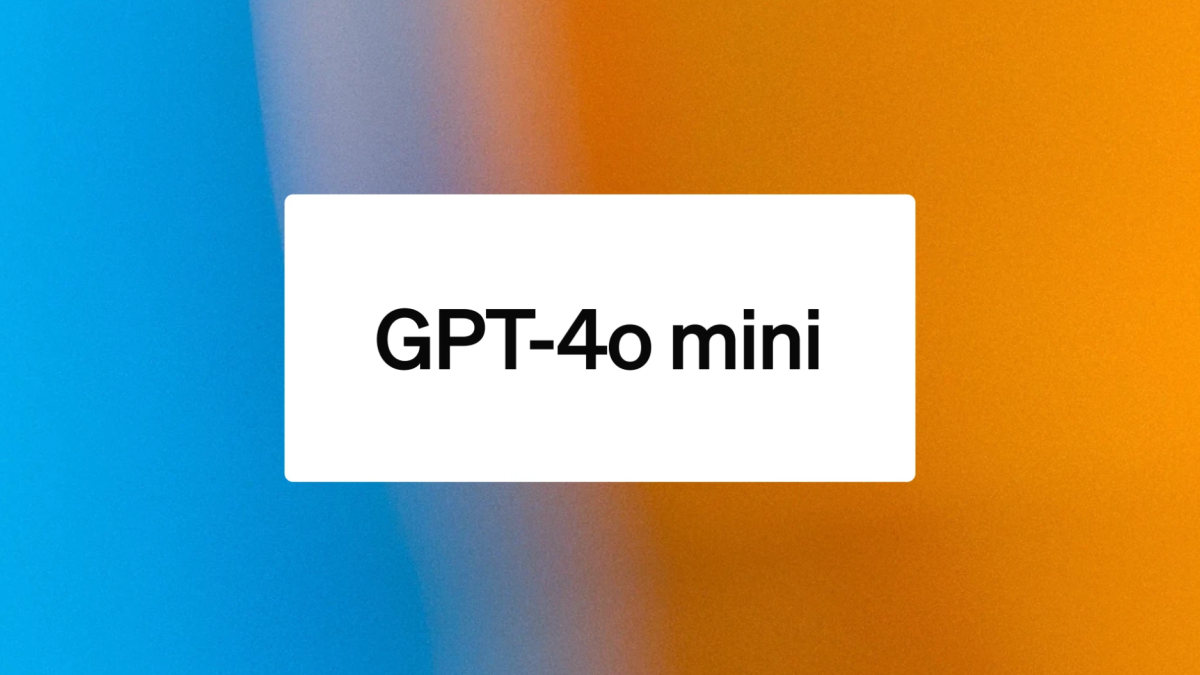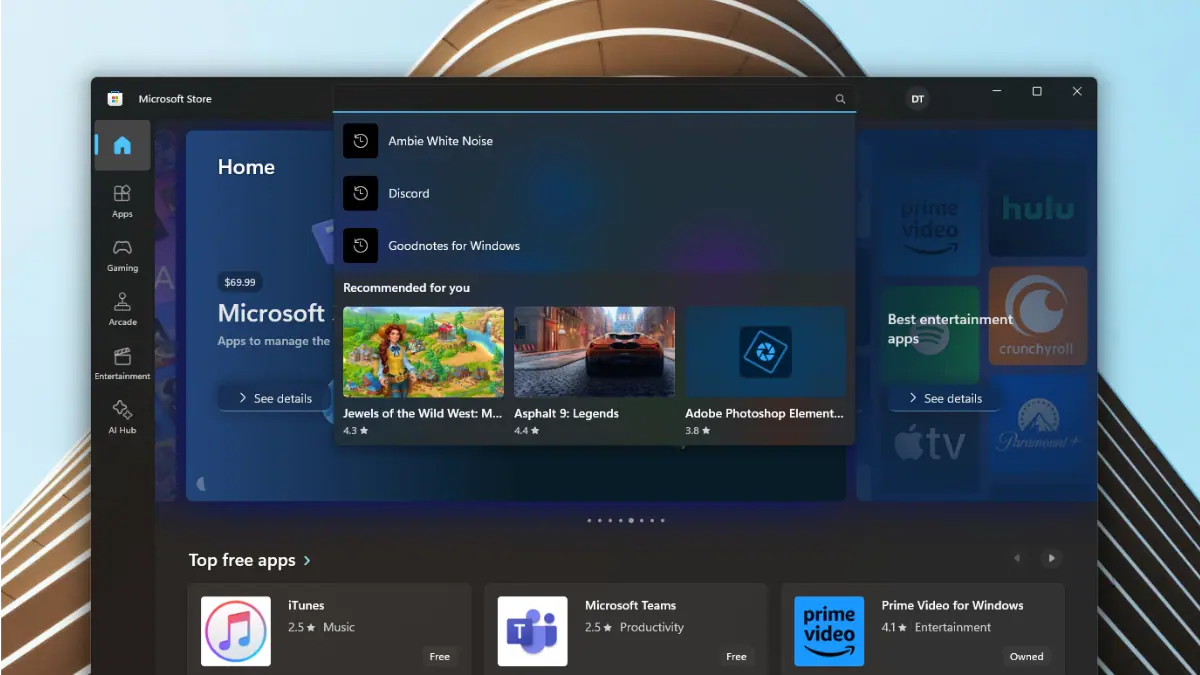7 Tips to Protect Your Windows Against Cybercrime
5 min. read
Updated on
Read our disclosure page to find out how can you help MSPoweruser sustain the editorial team Read more

| Sponsored |
Any Windows system has a great basic level of security. But this is not enough to keep you secure from the growing threat of cybercrime. There is a long list of things that you can do yourself to make your Windows system even safer. In this article, you can read more about how to do so.
Cybercrime is a growing problem. Not just for companies but regular people as well. Everyone is exposed to the threat of cybercrime. This is why you should know exactly how to protect your Windows in the best possible way. Every year the number of cybercrime increases, and experts expect this development to continue in the future.
This type of crime only becomes more attractive as our lives become increasingly digitized. Luckily, you can do an array of simple things to increase your level of cybersecurity and protect yourself to a large extent. Check out some of them here.
1. Use Strong Passwords
One of the most important but often underestimated security measures is your passwords. Your passwords are the first and primary obstacle for anyone trying to breach your accounts. This is why you should remember to use strong and unique passwords. This means that you should avoid using the same passwords twice. Also, you should change your passwords regularly to give yourself the highest level of security.
When you choose a password, you should focus on making it complicated and, therefore, hard to breach. This means avoiding using regular words and sayings. The strongest password consists of a random combination of letters and numbers. It should be at least characters but preferably longer. There are several ways to do this so you can still remember your accounts’ passwords.
2. Install Security Software
Another safety measure that you should take is to install security software. One of the most important ones is an antivirus program. This will provide you with a strong security system that will prohibit viruses from infiltrating your Windows system. Make sure to choose one of a high quality that is suitable for your computer.
Another good security software is a VPN. A VPN is a type of software that creates a virtual private network. Your original data is encrypted, and your identity is hidden behind the VPN. This will make it close to impossible for hackers to access your data. When choosing a VPN, choosing one of high quality is always recommended. Otherwise, the functionality might not be very good. Make sure that the VPN fits your preferences. Check out this guide to find the best VPN built for Windows systems.
3. Keep Everything Updated
One of the things that makes you most vulnerable is un-updated software. When software gets out-of-date, the level of security decreases. The newest updates always come with updated security measures. This is why you should regularly update the software on your Windows. A newer device with updated software is always safer. If you have Windows 11, you can read up on the latest security settings that you should know about.
4. Enable Multi-factor Authentication
Another simple thing to increase your cybersecurity is enabling multi-factor authentication on as many of your accounts as possible. Multi-factor authentication is an additional authentication method besides your password. This could be a phone number, a face ID, or fingerprint authentication. This makes it a lot harder for hackers to enter your account.
Of course, this is crucial on sensitive accounts like your bank account. But the best thing is to use enable on as many accounts as possible. If a hacker enters one of your accounts, it’s much easier to hack into your other accounts. Unfortunately, you have much more sensitive information in your accounts than you might think. Try to limit the amount of sensitive information you share online as much as possible.
5. Think Twice Online
One of the most important things if you want to increase your security level is to start thinking twice when you’re online. A lot of cyberattacks happen because someone clicks something they shouldn’t have or downloads something that they don’t know what is. This could be through an unfriendly email or on unsecured sites. This is why you must be very careful what you click online.
Very often, if you think twice, you can detect whether something is legit or not. Never enter any sensitive information on any site that you haven’t double-checked. You can always look for the little lock in the URL. This will tell you whether a site is secured or not. Even though it’s not always easy to detect fraud, you will come a long way by thinking twice.
6. Be careful using public Wi-Fi
One of the places where you’re most exposed is when you’re on public Wi-Fi. On a public Wi-Fi or a hotspot, anyone on the same network can easily hack into your computer, check out everything you’re doing and potentially infiltrate your device to steal your data. This is one of the places where a VPN is a very useful tool. This software allows you to use public WI-Fi while being secure simultaneously. Whether you’re using a VPN or not, you should access any sensitive accounts using a public WI-Fi or hotspot.
7. Inform yourself
Cybercrime is an ever-growing type of crime. It gets more common every day and evolves rapidly. This means that cybercriminals constantly find new ways to breach your security system. So, to increase your safety, you should stay informed on the latest cybercrime. Just as cybercrime evolves, so do the ways to protect yourself. Unfortunately, no one can ever be completely safe online. But If you combine staying updated with being cautious and installing the right software, you’ve come a long way.









